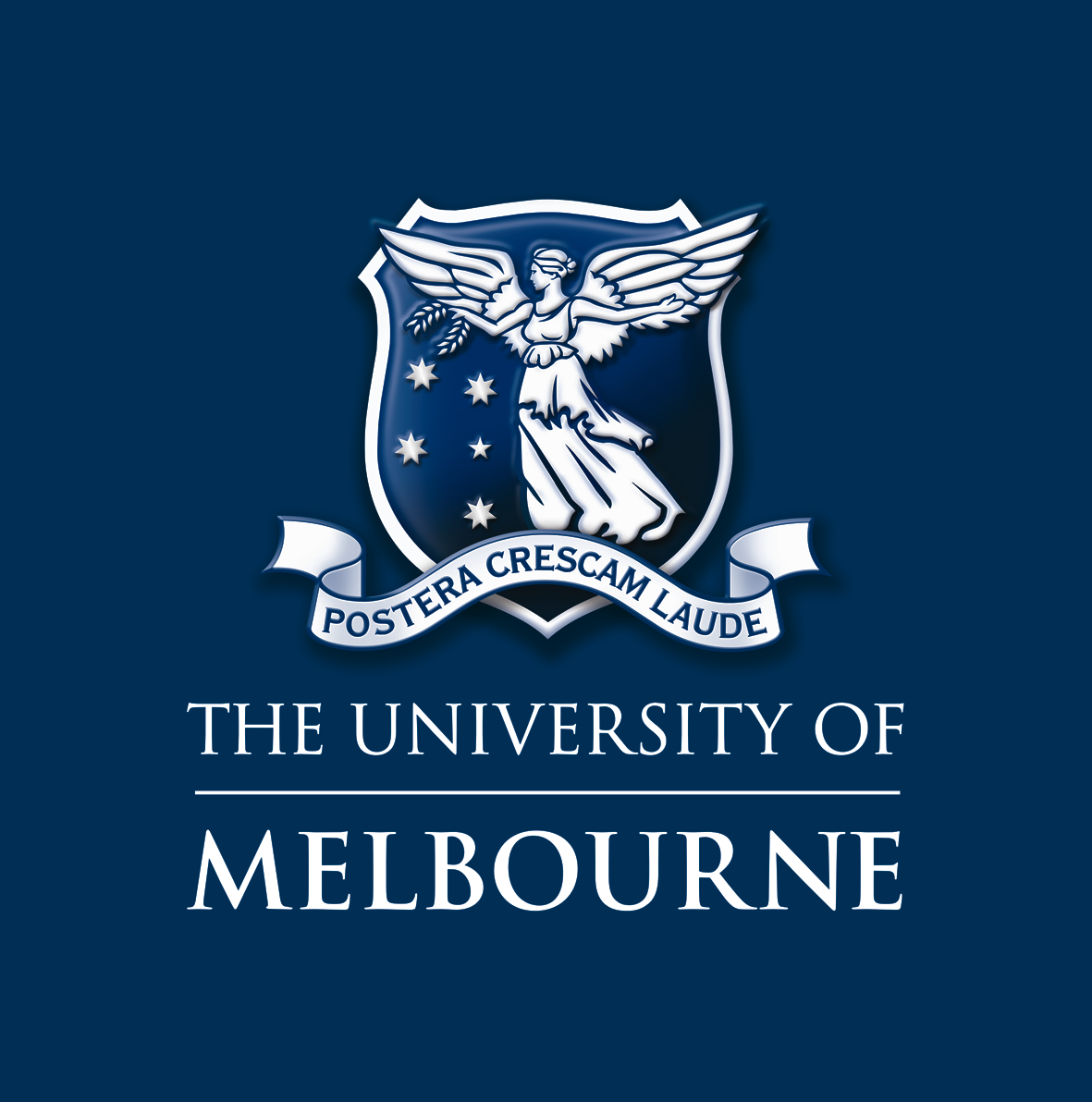Project: Defining key mediators of life-threatening disease across emerging and re-emerging viral infections
Kedzierska group
Viral infections constitute a continuing threat to human health. Although emerging and re-emerging viral infections cause profound morbidity and mortality, it is far from clear why some individuals die from severe disease while others recover. This can be particularly devastating when a new virus emerges, and in the absence of pre-existing antibodies, spreads rapidly worldwide, causing high fatality rates, as exemplified by the 2020 SARS-CoV-2 (6.9M deaths) and Spanish 1918 H1N1 (>50M deaths) pandemics. A significant proportion of virus-related deaths and hospitalisations occur in previously healthy individuals with no prior known risk factors. What drives exacerbation versus recovery from viral infections is unclear and identifying key targets that predict severity of infection early on can inform prognosis, alleviate disease and prevent deaths. Thus, there is an urgent need to understand key early drivers of severe and fatal viral disease if we are to control emerging and re-emerging viruses and prevent severe disease and death. Over the last decade, our team has been researching mechanisms underpinning severe and fatal disease following infection with newly-emerging and re-emerging viruses. Our proposal is based on strong novel data linking life-threatening disease with key early mediators and excessive hyperactivation of innate and adaptive immunity in COVID-19, avian, pandemic and seasonal influenza, respiratory syncytial virus (RSV) and Murray Valley Encephalitis (MVE) patients. We will define mechanisms related to key host and immune mediators, and identify key druggable targets mediating life-threatening disease across viral infections, age and vulnerable populations to rationally inform the design of novel therapies.
Contact project supervisor for further
information and application enquiries
Kedzierska group
2 vacancies


The Kedzierska group has a strong international profile in human immunology, with a major focus on universal broadly-protective immunity to pandemic, avian and seasonal influenza A and influenza B viruses as well as SARS-CoV-2 infection. Our main goal is to identify key protective correlates of recovery from severe respiratory disease in high-risk groups, including children and the elderly, and to understand mechanisms underlying generation of optimal immunity to respiratory infections versus perturbed immunity in vulnerable populations, including pregnant women. In particular, we are interested in generating long-lasting immunity elicited by killer T-cells recognising conserved viral regions. Our work intends to improve vaccine and therapeutic designs to protect against severe viral infections, including influenza and COVID-19, with possible applications to other infectious diseases and tumours.
Kedzierska group Current Projects
-
Understanding immune perturbations to viral infections in pregnant women
PhD/MPhil, Master of Biomedical Science, Honours
-
Defining key mediators of life-threatening disease across emerging and re-emerging viral infections
PhD/MPhil, Master of Biomedical Science, Honours



